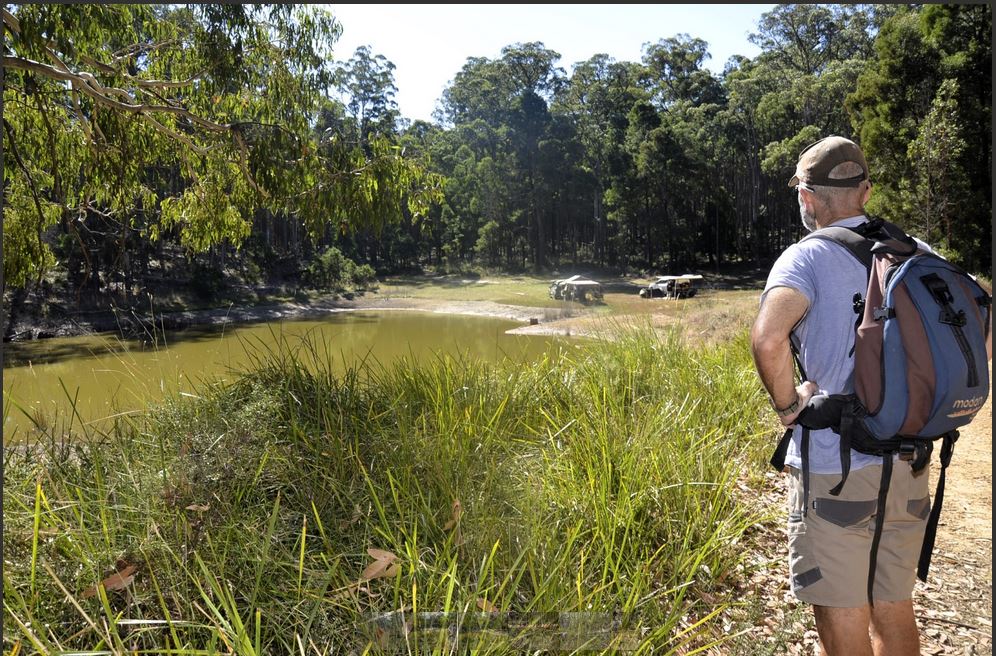February 2nd, 2022Keeping schools open
As students, staff and families across Victoria prepare for the beginning of the school year, the Victorian Government is making sure school and early childhood education is as safe as possible in 2022 – with a full suite of COVIDSafe measures to protect communities and minimise disruption to learning.
Premier Daniel Andrews and Minister for Education James Merlino today announced a plan to keep education settings open while taking every measure to protect students and staff – with surveillance testing, ventilation, vaccinations and comprehensive workforce planning to ensure a successful 2022 school year.
Under the plan to safely welcome students back to the classroom – which was devised as a result of working closely with the NSW Government – rapid antigen testing will be in place for at least the first four weeks of Term 1.
The Government will deliver more than 14 million rapid antigen tests to schools and early childhood education and care services, including 6.6 million tests to be delivered in the first week of term.
This surveillance testing will be strongly recommended for all primary and secondary school students and staff, and early childhood education and care staff, twice-weekly at home before school or childcare.
Students and staff at specialist schools will be recommended to test five days each week due to the higher risk of severe illness for medically vulnerable children.
At the end of Term 4, 2021, more than 99.7 per cent of school staff were double-vaccinated – the school workforce knows how important vaccination is in protecting school communities and vulnerable children.
School and early childhood staff will be added to the list of workers in key sectors who must receive a third dose of a COVID-19 vaccine by 25 February if they are already eligible, or within 3 months and 2 weeks of receiving a second dose to continue working in education settings.
The Chief Health Officer (CHO) has advised a third dose will help ensure continued protection for this workforce, most notably individuals with significant underlying health conditions. He also noted that a mandate may help to mitigate against the risk of outbreaks in these settings.
The CHO has further advised that Victoria is experiencing unprecedented and elevated rates of community transmission, and education settings are likely to be linked to a significant number of cases once the academic year commences after the holiday period.
Improving ventilation is a key measure to slow the spread of the virus around schools, particularly in high-risk areas like staff rooms, music rooms, indoor canteens and other high traffic areas. All 51,000 air purification devices that were ordered will be delivered to government and low-fee non-government schools for the first day of Term 1.
More than 1,800 schools have applied for a Shade Sail Grant, with grants progressively being rolled out and shade sail construction already underway at more than 300 of these schools to allow more classes to learn safely outdoors.
The Government has invested $7.5 million in early childhood services to improve ventilation, alongside a further $7.4 million to support kindergarten services to implement the best COVIDSafe measures for their individual settings, keeping children and staff safe.
For information about coronavirus visit coronavirus.vic.gov.au or call 1800 675 398.
More than 29 per cent of children aged 5-11 have now had one dose of the COVID-19 vaccine, and the Government is working to ensure all children in this cohort have access to two doses by the end of Term 1 – with 30 pop-up vaccination clinics opening on school sites, alongside grants to pharmacies and GPs to deliver vaccines at schools.
There are 66,000 appointments available for children aged 5 to 11 in state-run centres over the next 30 days, and many more through primary care – and all families are urged to book their children in as soon as possible.
In light of potential significant but short-term staffing challenges in schools and early childhood services in Term 1, the Government has classified education staff as critical workers – allowing household contacts to voluntarily continue working if they are asymptomatic and return daily negative rapid antigen tests.
The Government has also launched a pool of inactive teachers, education support staff, retired principals and surge administrative support staff for schools to access to cover any COVID-19-related workforce shortages.
The way COVID-19 cases are managed and reported in education settings will change from Term 1 to reduce the burden on schools and early childhood services. Schools and kindergartens will be required to inform staff, parents and carers when there is a positive case and will provide advice on any steps families are required to take.
Mask wearing will continue, with students in Grade 3 and above required to wear masks – although they will not be required outdoors. Teachers will be required to wear masks at all times when not actively teaching or communicating with students.
Remote learning will be considered only as a localised, short-term last resort – but when students are required to isolate as a close contact or positive case, the Department of Education and Training will continue to provide a suite of online resources for students in Prep to Year 10, ensuring they have activities and work to complete.
Premier Daniel Andrews said:
“Face-to-face learning is the best option for our kids’ learning and wellbeing – that’s why we’ve done the work to get students safely back in the classroom from the start of Term 1, and make sure they stay there.”
Quote attributable to Minister for Education James Merlino
“With vital COVIDSafe steps in place like surveillance testing, improved ventilation and high rates of vaccination, we’ve done everything we can to make schools as safe as possible– and we can’t wait to welcome all students back for Term 1.”
Quote attributable to Minister for Early Childhood Ingrid Stitt
“Early childhood services are critical in our kids’ early development – these measures will reduce disruption to their learning and make sure our kinder services are supported to keep children and staff as safe as possible.”










